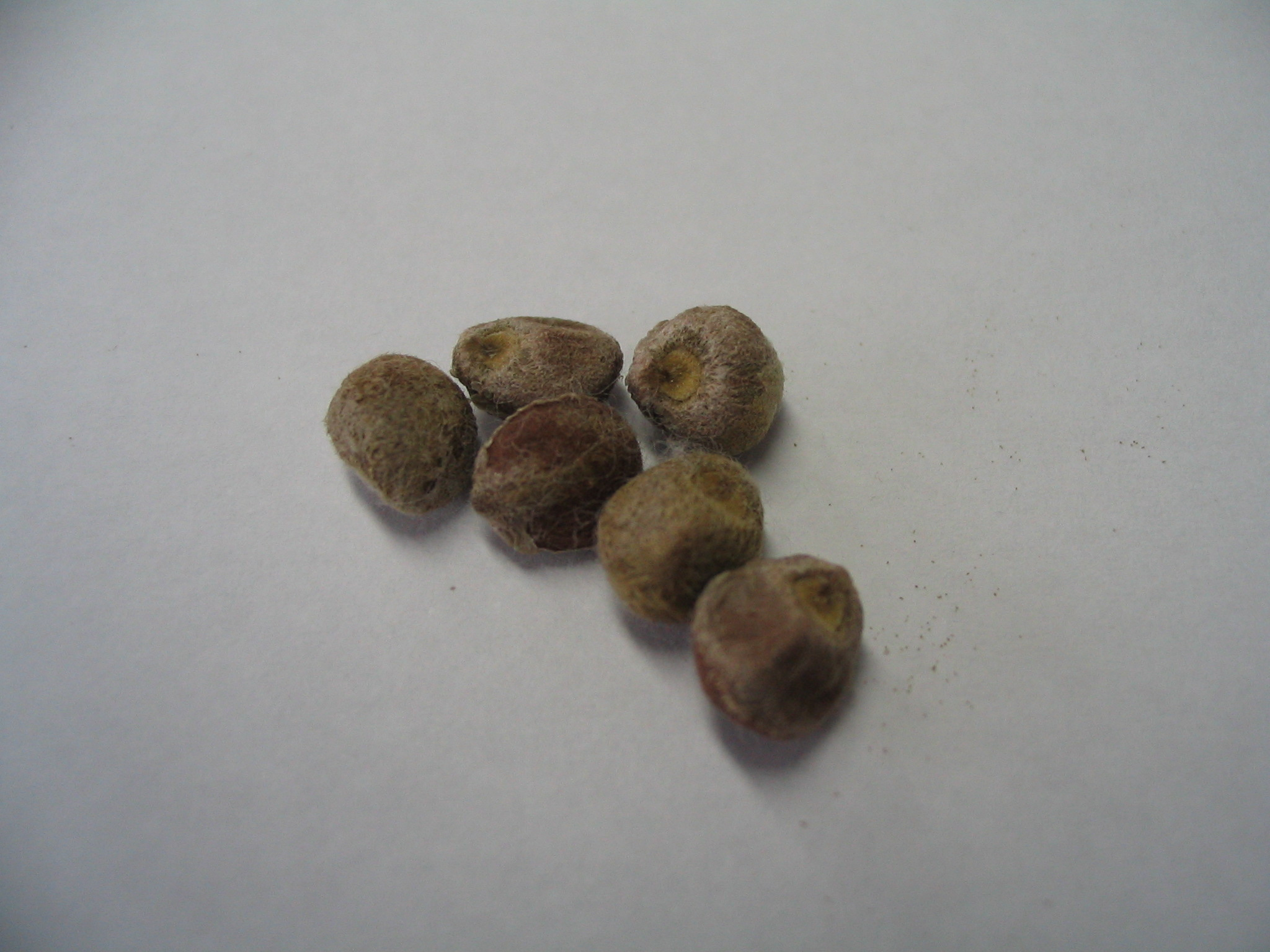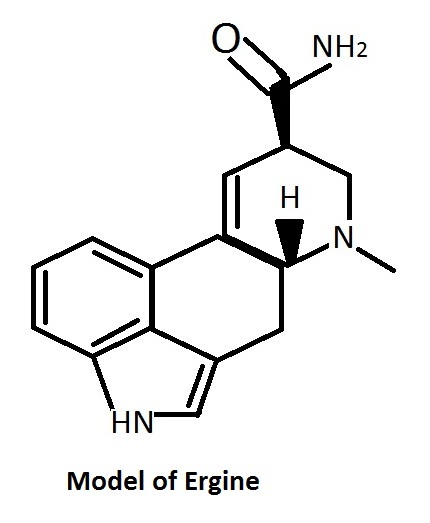Interactions
With Humans
Ayurveda is the traditional medicine of India and is one of the oldest, but still surviving, traditions in the world. The basic philosophy of Ayurveda is to focus on the patient instead of the disease, and uses the 5 traditional elements of earth, air, fire, water, and ether to diagnose diseases, believing that an imbalance of these elements in the body can cause sickness. Although the methodology of Ayurveda is based on aged traditions, it does not necessarily rule out the potential benefits of the herbs and plants that it uses. A. nervosa is one such plant that has been, and still is, used today. A. nervosa has been used by to treat various diseases such as chronic ulcers, gonorrhea, strangury and gleet, rheumatism, and has been used as a diuretic and aphrodisiac.
Its properties as an aphrodisiac has been tested by the Tropical Botanic Garden and Research Institute in India using mice. Scientists used an alcohol extract from A. nervosa and fed it to the male mice. The results showed an increase in mating behavior in male mice, but has yet to be studied in females. In addition to increased mating activity, it was also found that the litters of mice bred from the males treated with the extract had a higher ratio of male to female babies, coinciding with the traditional belief that consuming A. nervosa would help in fathering male offspring. However, the study does acknowledge that more studies would need to be done to confirm that these findings can be reproduced. This study can be found here: http://srbce.org/jer2007/subramoniametal.pdf.
It also has some antibacterial, and antifungal properties. As an antibacterial, an alcoholic extract of the leaves has shown that it can act against Staphylococcus aureas, and the seed oil possessed in vitro activity against Klebsiella sp., Escherichia coli (E. coli), Pseudomonas aeruginosa, and Bascillus anthracis. As an anti fungal agent, hexadecanyl p-hydroxycinnamate and scopoletin, extracted from the root, have been found to produce 100% inhibition against Alternaria alternata, a plant pathogen that causes leaf spots, rots, and blights.
Other pharmacological studies have shown that certain extracts are able to reverse amnesia in mice caused by diazepam, scopolamine, and natural aging, and can act as an anti-inflammatory.
 The
seeds of A. nervosa are also used by
some people as a hallucinogen. The seeds contain 0.3-1% ergot alkaloids, by
weight. These include Lysergic acid (LSA), ergometrine, lysergol, isolysergol,
elymoclavine, and chanoclavine. Ergot alkaloids are chemical compounds with
similar shapes to the neurotransmitters dopamine, noradrenaline and seratonin.
These alkaloids bind to the receptors of the neurotransmitters and can trigger
psychedelic effects. other
plants that contain ergot alkaloids are the fungi
Ergot (Claviceps
purpurea),
and
The
seeds of A. nervosa are also used by
some people as a hallucinogen. The seeds contain 0.3-1% ergot alkaloids, by
weight. These include Lysergic acid (LSA), ergometrine, lysergol, isolysergol,
elymoclavine, and chanoclavine. Ergot alkaloids are chemical compounds with
similar shapes to the neurotransmitters dopamine, noradrenaline and seratonin.
These alkaloids bind to the receptors of the neurotransmitters and can trigger
psychedelic effects. other
plants that contain ergot alkaloids are the fungi
Ergot (Claviceps
purpurea),
and Psilocybe cubensis, as well as other members of the Convolvulaceae
family.
Psilocybe cubensis, as well as other members of the Convolvulaceae
family.
A. Nervosa is also a popular garden plant and
there are many websites dedicated to instruction on planting and maintaining
them. One such sight is
http://www.ehow.com/how_8150511_grow-argyreia-nervosa.html.
Previous: Reproduction Next: References